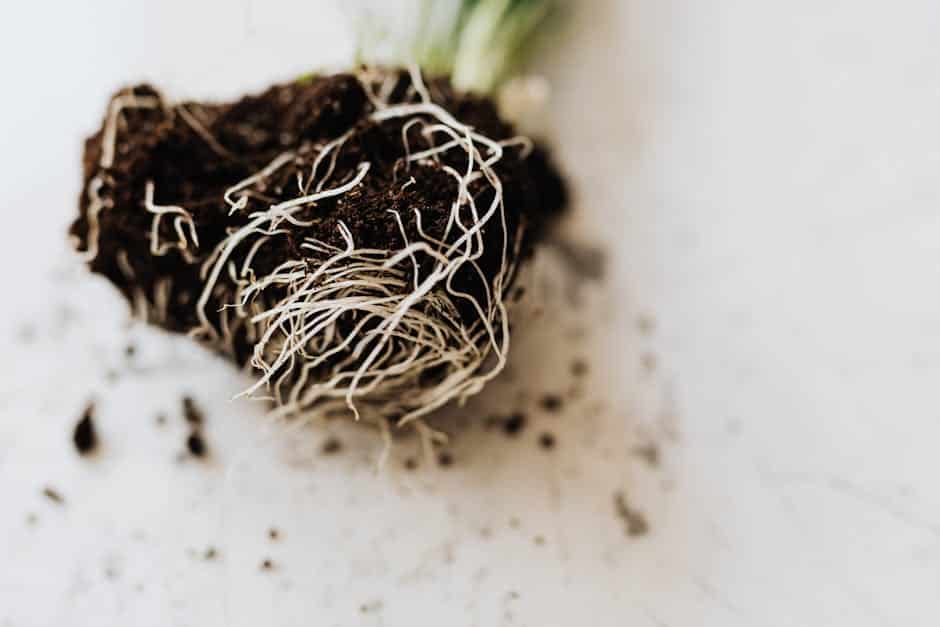How is Garden Soil Mix Formulated for Optimal Growth?
When it comes to gardening, one of the most important factors for successful plant growth is the quality of the soil. Creating a well-formulated garden soil mix is essential to providing the right balance of nutrients, moisture retention, aeration, and drainage for optimal plant health and growth. In this article, we will explore various methods and ingredients used to formulate garden soil mix for maximum plant growth.
Assessing Soil Needs
Before formulating a garden soil mix, it’s crucial to assess the specific needs of your soil. Evaluating factors such as texture, fertility, pH, and the requirements of your plants will help determine what components and amendments are necessary for achieving optimal growth.
Organic Matter
One of the key ingredients in a balanced garden soil mix is organic matter. Incorporating organic matter, such as compost, into the soil helps improve its structure, fertility, and moisture-holding capacity. Spread a layer of 3-4 inches of compost on the garden bed and use a shovel or tiller to incorporate it thoroughly. Additionally, you can add other forms of organic matter like coffee grounds, banana peels, eggshells, shredded leaves, grass clippings, wood ashes, and sawdust to further enhance soil fertility and feed beneficial organisms like earthworms.
Mineral Components
In addition to organic matter, mineral components play a vital role in formulating a garden soil mix. Essential minerals can be replenished using additives like Azomite, which provides trace minerals that may be lacking in the soil. These trace minerals promote healthy plant growth and improve overall soil quality.
Aeration and Drainage
A well-aerated and well-drained soil is crucial for plant health. To achieve this, garden soil mix recipes often include components like peat moss or coconut coir, perlite or vermiculite, and sand. Peat moss or coconut coir improves moisture retention and aeration, while perlite or vermiculite improves drainage. Sand can also be added to improve drainage, but it’s important to note that adding sand to clay soil can create a concrete-like texture. In such cases, using gypsum as an amendment is recommended to improve drainage.
Nutrient Availability
Ensuring that nutrients are readily available to plants is another important aspect of formulating a garden soil mix. This can be achieved by incorporating worm castings into the mix. Worm castings not only act as an organic fertilizer but also introduce beneficial microbes to the soil, aiding in nutrient availability, disease suppression, and root development.
Proportions and Ratios
While the specific proportions and ratios of ingredients may vary depending on the specific needs of your soil and plants, it’s important to aim for a well-integrated mix that provides a balanced combination of moisture retention, drainage, and nutrient availability. Unfortunately, the information provided does not offer specific ratios or proportions for formulating the soil mix. It is recommended to consult further research or seek guidance from gardening experts for precise measurements and customization based on your specific plant needs.
Ongoing Soil Care
Creating a garden soil mix is not a one-time task. Ongoing soil care is necessary to maintain optimal growth. Regularly amending the soil with organic nutrients and top-dressing with compost and mulch helps replenish nutrients and improve soil health. Observing the performance of your plants and conducting periodic soil tests can also provide valuable insights into the need for further amendments or adjustments to your garden soil mix.
Related Websites:
- Garden and Bloom – Perfect Soil Mix
- My Stay at Home Adventures – DIY Garden Soil
- Smart Garden Guru – Soil Mix Recipes for Containers
- Chicagoland Gardening – How to Mix Garden Soil
- Better Homes & Gardens – Creating Rich Organic Soil in Your Garden
- Penn State Extension – Soil Management in Home Gardens and Landscapes
FAQs:
Q: Why is it important to use the right garden soil mix?
Using the right garden soil mix is important for optimal plant growth. It provides the necessary nutrients, pH balance, and proper drainage to support healthy plants.
Q: What is garden soil mix and what does it contain?
Garden soil mix refers to the combination of various components that make up the soil in which plants grow. It typically contains organic matter, drainage materials, and amendments for pH adjustment.
Q: How does soil pH affect plant growth?
Soil pH plays a crucial role in plant growth as it affects nutrient availability. Different plants thrive in different pH levels. Adjusting soil pH ensures optimal nutrient uptake for healthy plant development.
Q: What are the essential nutrients for plant growth?
Plants require macronutrients such as nitrogen, phosphorus, and potassium, as well as micronutrients like iron, zinc, and manganese. These nutrients are essential for various metabolic processes and overall plant health.
Q: How can I tailor the garden soil mix for specific plant needs?
To tailor the garden soil mix for specific plant needs, consider their requirements for nutrients, pH levels, and soil texture. Adjust the ratio of components accordingly to create an ideal growing environment.






